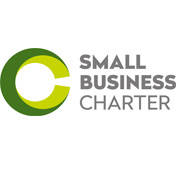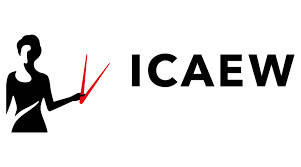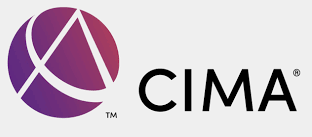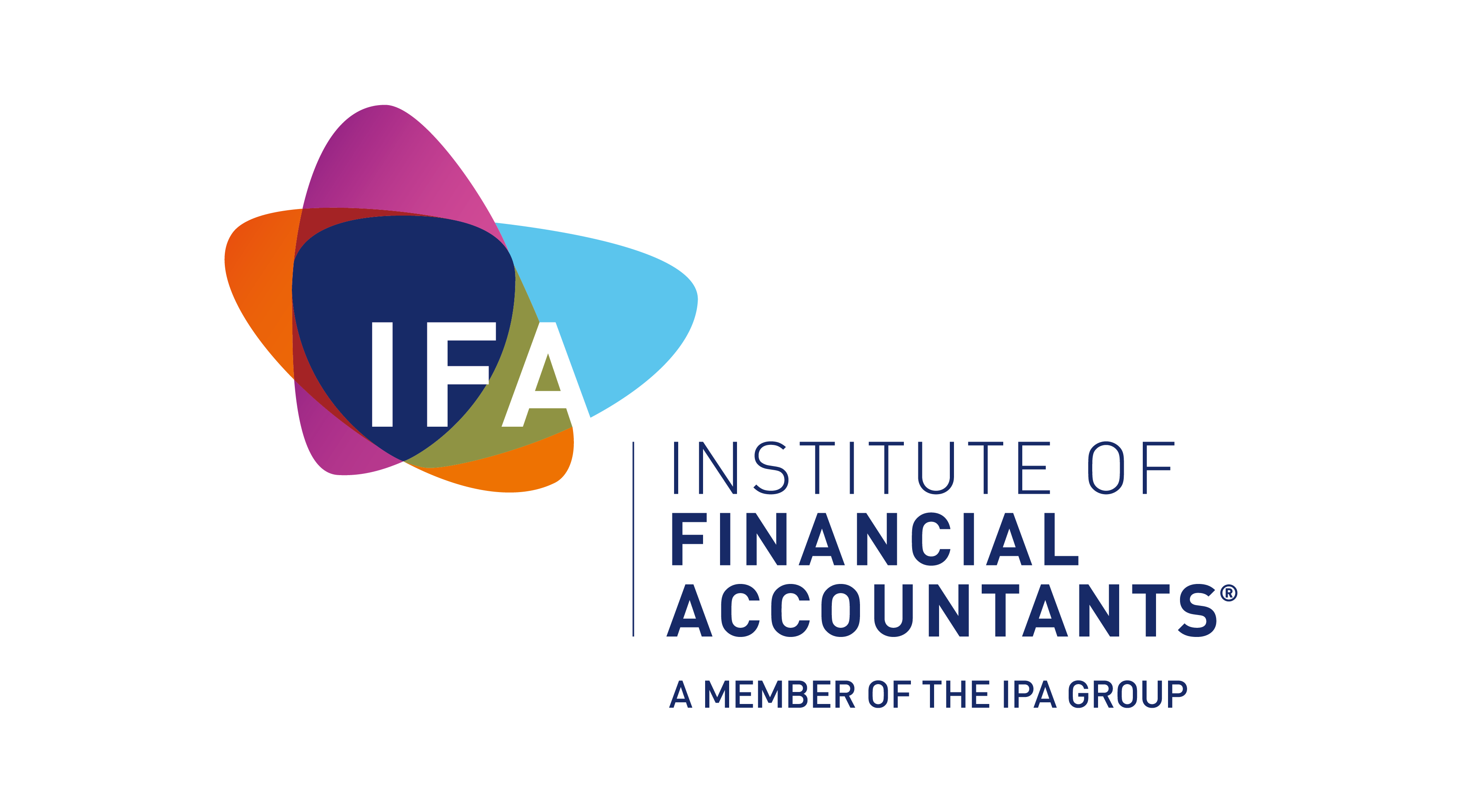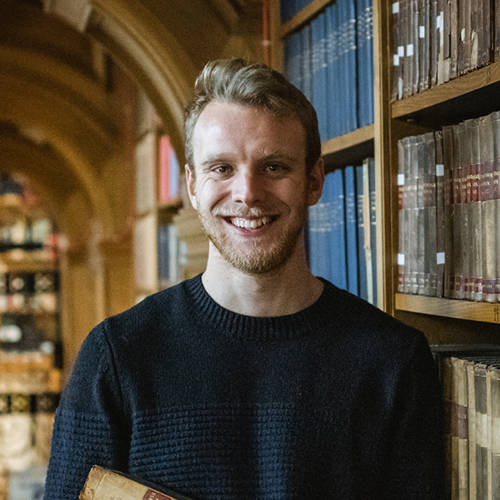Overview
Get ready with a foundation year and learn the foundational skills and knowledge to complete a full Honours degree. You'll be able to embark on this qualification without meeting the level 3 entry requirements, giving you the opportunity to study at degree level through this four year course.
Gain the expertise and confidence to excel in the world of accounting and finance with a BSc Accounting & Finance degree from Canterbury Christ Church University.
At CCCU, you’ll build a deep understanding of financial reporting, management accounting, corporate finance, and taxation, whilst developing the analytical and ethical skills employers value most. From using digital accounting tools to exploring the impact of AI and blockchain on finance, this course will prepare you for the demands of a fast-changing industry.
What you’ll learn
- Interpret complex financial data to evaluate and improve business performance.
- Become confident in making strategic financial decisions in an increasingly complex global economy.
- Explore emerging financial technologies like AI, blockchain, and financial analytics.
- Understand corporate finance principles as you navigate the challenges of modern financial management.
- Apply ethical and sustainable approaches to real-world accounting challenges.
Accredited by leading professional bodies including ICAEW, ACCA, and CIMA, this degree offers exemptions from exams, helping you fast-track your journey to becoming a chartered accountant.
You’ll also benefit from internships, placements, and study abroad options that will enhance your employability and global perspective.
I feel fully prepared go into the investment side of finance thanks to my degree from CCCU. The modules and trading floor gave me the knowledge and practical experience I needed to get into the industry.WilliamAccounting and Finance graduate
Why study Accounting and Finance at CCCU?
- Select your qualification
- Select your grade
- Add it and repeat
Accepted qualifications
We accept a wide range of general qualifications that attract UCAS Tariff points either on their own or in combination with others. Below are some common examples.
| Qualification | Grades |
|---|---|
| A Levels | DDE |
| BTEC | MPP |
| Access | Pass 45 Credits |
| International Baccalaureate | TBC |
This course requires that you have GCSE Maths - Grade 4/ C or equivalent.
More information
Contact us
Module information
As well as the core modules, you may also have the opportunity to study a number of option modules. Option modules will not be pre-selected for you. We provide examples of option modules. The availability of specific option modules may vary from year to year. The offer of an option will be subject to a minimum number of students choosing the module to ensure the appropriate student experience. The offer of option modules may also be affected by staff availability. It means we cannot guarantee the availability of a particular optional module. However, we will ensure you have a choice of option modules.
Core/optional modules
How you’ll learn
We use a variety of engaging and active teaching methods to support you to become a skilled, enquiring and confident student. You will be taught via a mix of lectures, tutorials, and online material as well as student-centred workshops, games, posters, case studies and learning exercises. This range of different activities is all supported by plenty of regular guidance and personal feedback to help you identify your strengths and weaknesses. At the end of this foundation year, you will be a more independent and confident learner ready to embark on degree level study at Level 4.
You will be taught by experienced academics with inputs from practitioners to enhance your creative and critical thinking, analytical skills, collaborative decision-making abilities, and confidence. Our teaching team will share with you their expert knowledge, experience and research insights during stimulating lectures, seminars and practical workshops.
Teaching is structured to allow for flexibility, and blended learning is widely used to support both teaching, learning and student support. Typically, you will have around 12 hours of structured contact time per week. This may be in lectures, where the module leader delivers key material to you in a large group or seminars where you'll discuss and develop, in smaller groups, your understanding of topics covered in lectures. You may also experience workshops, which combine lectures and seminars when the class size is smaller. You'll also be supported by your personal academic tutor.
Between Years 2 and 3 you'll have the opportunity to gain work experience on a year-long placement with an external organisation. You’ll also have the opportunity to apply to study for a year in one of our partner institutions in North America as part of your degree.
Alongside the core curriculum (your chosen degree subject!), there are exciting and innovative opportunities to go beyond your degree. A suite of micro-credentials, interdisciplinary electives, industry and enterprise challenges form an integral part of this course.
All courses are informed by the University’s Vision 2030.
When not attending lectures, seminars, workshops or other timetabled sessions, you'll continue learning through self-study. Typically, this involves reading journal articles and books, undertaking research in the library, working on projects, and preparing for coursework assignments/examinations, workshops and seminars.
Your lecturers will indicate specific readings and/or activities to complete before class. We will also provide reading lists for further study. Seminars/workshops are enriched when students have completed their independent reading, allowing everyone to interact with this learning and benefiting the whole group.
In your final year, you will complete a Major Project, often called a Dissertation or an Individual Study. This is a significant piece of independent research, where you may select a topic of special interest. It is an opportunity for you to deep dive into an area of your degree that you are fascinated by. You will be guided by a supervisor, but the main direction of the work will be decided by you. Great to showcase in graduate applications.
Teaching is structured to allow for flexibility. Typically, you will have about 12 hours of structured contact time per week. For every hour of contact, you'll be expected to complete three hours of independent study.
You will be taught by academics at all stages of their careers, from postdoctoral researchers to professors, including others with extensive industry experience.
Every member of our teaching team is committed to innovative and engaging approaches to teaching, and members hold excellent teaching qualifications (Higher Education Academy accredited) and academic qualifications (PhDs in Accounting, Finance or other related disciplines).
We are also research active, publishing our research in academic journals and books, engaging in work with academic and professional bodies.
This course prepares our students for a career in accounting and finance, and equips them with the necessary skills in order to develop and fulfil their intellectual and personal potentials.Dr Amee Kim Course Director
How you’ll be assessed
The course provides you with opportunities to test your understanding of the subject informally before completing the formal assessments that count towards your final mark. Each module typically contains at least one piece of practice or 'formative' assessment for which you receive feedback from your tutor. Practice assessments are developmental, and any grades you receive for them do not count towards your module mark.
There is a formal or 'summative' assessment at the end of each module. Assessment methods include written examinations, often computer-based, and a range of coursework assessments such as essays, reports, portfolios, performance, presentations and your final year major project. The grades from formal assessments count towards your module mark.
To progress from one level of study to the next, you must pass 120 credits. The standard pass mark for a module is 40%.
Your future career
Many graduates go on to study accounting at a professional level. However, this exceptionally versatile degree can open doors to a variety of roles in business, non-for-profit and governmental organisations alike. Excellent mentoring by our experienced team will guide and prepare you for your first business or professional accountancy role.
This degree is also a gateway to further study at the Master’s level in a range of areas such as banking, financial services, and accounting. You'll develop a range of transferable business skills including communication, IT, research and team working, which are essential for any career in any organisation.
I did my placement year in a City wealth management firm. Not only did I get fantastic experience of working in a fast paced environment in the City, the knowledge I got helped me loads with my final year work. It was great that when I left CCCU I went to work full-time for the same firm. It was so easy to fit back in to the job as I knew the systems and the people.AimeeNuveen Placement student
Fees
Tuition Fees for 2026/27 have not yet been finalised. These course web pages will be updated with Tuition Fee information once they have been agreed.
- Read advice about funding your degree
- See information about the financial support available for undergraduate studies
- If you would like information about paying your fees, please contact accounts.receivable@canterbury.ac.uk
- For specific fee queries, please contact fees@canterbury.ac.uk
Professional accreditation
Our BSc Accounting & Finance course is accredited by the Accounting Professional Bodies, including the Institute of Chartered Accountants in England & Wales (ICAEW), the Association of Chartered Certified Accountants (ACCA), the Chartered Institute of Management Accountants (CIMA), and the Institute of Financial Accountants (IFA). If you plan to pursue a professional accounting qualification post-graduation, the exemptions that come the accreditations expedite your chosen professional qualification, and appeal to prospective employers.
Industry links
We work with industry stakeholders to further enhance our teaching, research and knowledge exchange. Some stakeholders come in as guest lecturers and we also have masterclasses by visiting professors who are chosen for their expertise in accounting, finance and economics. These established links have helped some of our students to secure work experience and placements.
Regulated by the Office for Students
The Office for Students (OfS) regulates Canterbury Christ Church University. The OfS is the independent regulator of higher education in England. It aims to ensure that every student, whatever their background, has a fulfilling experience of higher education that enriches their lives and careers. Further details about its work are available on the OfS website.
Apply now
Duration:
4 yearsUCAS code:
N409Location(s):
CanterburyFind out more
Sign up to hear the latest from the University, including upcoming events, useful updates, student life and more!


